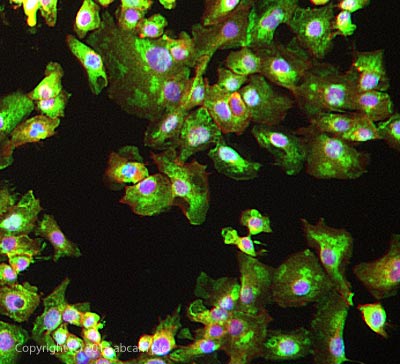The Fundamental Guide To The ACVR2B Antibody In The Elisa Test

The use of the presence of antibodies in detecting for various diseases has been an ongoing process for a long time in the circles of biochemistry. The reasoning behind this approach is fairly straightforward; antigens or disease causing pathogens cause the body to react by producing specific antibodies to fight that particular infection.
The inverse of this process is that the detection of some specific antibodies, such as the activinA receptor, type IIB, ACVR2B in the serum of your blood is a clear indication that you are infected with the pathogens that cause a specific disease which affects muscle growth. Therefore, the importance of these antibodies as a first line screening tool cannot be gainsaid.
Activins such as ACVR2B belong to a special class of proteins known as receptors or signaling proteins. Its molecular function is in protein binding, metal ion binding and growth factor binding. Biologically, it is responsible for many processes such as heart development, palate development, kidney development, the positive regulation of bone mineralization and growth.
The enzyme-linked immunosorbent assay test, ELISA test, is a test that is designed to detect the presence of antibodies, such as the ACVR2B antibody, which may be present in your blood. In a nutshell, ELISA is used to determine if you have antibodies that relate to certain infectious conditions such as HIV, syphilis, rotavirus, Lyme disease, varicella-zoster virus and squamous cell carcinoma among others.
The following list outlines the standard procedure for undertaking the Elisa test:
Therefore, the importance of the ELISA test to your health cannot be underestimated. It is a relatively painless procedure which is useful in determining the presence of several life threatening conditions. The only procedure that you need to have undertaken beforehand is the proper and necessary counseling that you must undergo if you are testing for conditions such as HIV.
This is in an effort to mitigate the shock if the outcome is positive for that condition. Discuss all possible scenarios and outcomes with your physician. The more you know about the implications of the outcome of test the better. Keep in mind that the result of the test will be the first step in seeking the appropriate treatment, which might save your life.
